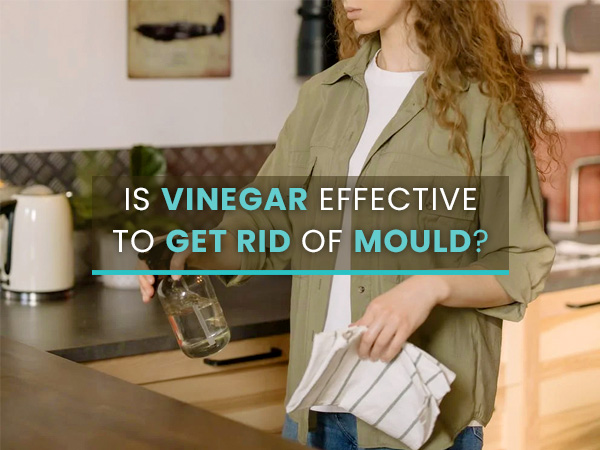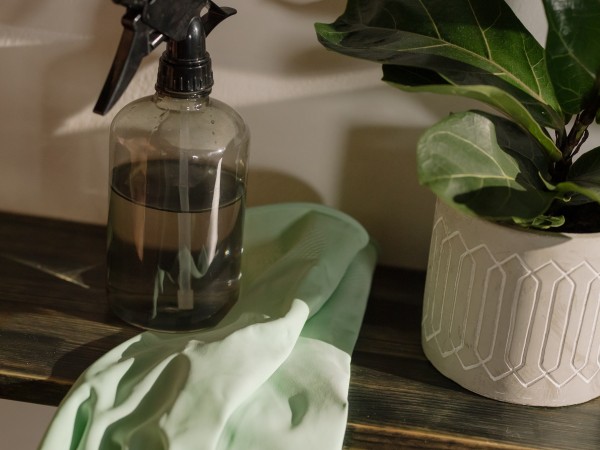Just In
- 7 hrs ago

- 7 hrs ago

- 11 hrs ago

- 18 hrs ago

Don't Miss
- Finance
 625% Dividend, 1:10 Split, 3 Bonus; FMCG ITC Makes Big Acquisition Announcement; Stock Target Prices In April
625% Dividend, 1:10 Split, 3 Bonus; FMCG ITC Makes Big Acquisition Announcement; Stock Target Prices In April - Movies
 Maidaan Box Office Day 10 Prediction: Ajay’s Sports Drama To See Growth & Cross Rs 31Cr Mark Today
Maidaan Box Office Day 10 Prediction: Ajay’s Sports Drama To See Growth & Cross Rs 31Cr Mark Today - Sports
 PAK vs NZ Dream11 2nd T20I: Playing 11, Squads, Fantasy Tips & Best Picks
PAK vs NZ Dream11 2nd T20I: Playing 11, Squads, Fantasy Tips & Best Picks - News
 Chinese President Xi Jinping Orders Biggest Military Reorganisation Since 2015
Chinese President Xi Jinping Orders Biggest Military Reorganisation Since 2015 - Education
 Exam Pressure Does Not Exist; Studying Punctually is Crucial; Says Aditi, the PSEB 2024 Topper
Exam Pressure Does Not Exist; Studying Punctually is Crucial; Says Aditi, the PSEB 2024 Topper - Automobiles
 Suzuki Swift Hatchback Scores 4 Star Safety Rating At JNCAP – ADAS, New Engine & More
Suzuki Swift Hatchback Scores 4 Star Safety Rating At JNCAP – ADAS, New Engine & More - Technology
 Dell Introduces AI-Powered Laptops and Mobile Workstations for Enterprises in India
Dell Introduces AI-Powered Laptops and Mobile Workstations for Enterprises in India - Travel
 Journey From Delhi To Ooty: Top Transport Options And Attractions
Journey From Delhi To Ooty: Top Transport Options And Attractions
Is Vinegar Effective To Get Rid Of Mould?
Mould or mold is a type of fungus that grows in places where there are a lot of moisture and nutrition sources, such as ceiling tiles, leaky windows, paint or water pipes. Such fungal contamination in indoor environments is responsible for numerous adverse health conditions for the inhabitants.

Removal of the moulds which are present indoors requires modifying or treating the area with antifungal agents to make the environment less favourable for their growth.

According to a study, vinegar (4.0%-4.2% acetic acid) comes under the five effective agents used as disinfectants to inhibit the growth of fungi such as P. chrysogenum and prevent fungal contamination in building or residents. [1]
In this article, we will discuss whether vinegar is helpful to get rid of moulds or not, and if effective, then how.
Is Mould Contamination An Issue?
Mould contamination has become a popular issue in developed countries due to the installation and maintenance of heating, air conditioning and ventilation systems. Indoor fungal contamination can significantly cause symptoms such as
- allergy,
- asthma,
- mycoses,
- breathing troubles,
- nausea,
- irritant effects,
- skin rashes,
- immunosuppression (due to fungi that produce mycotoxins),
- dizziness,
- mucus membrane irritation,
- headache and
- other respiratory and non-specific health problems.
Some of the fungal species found indoors include Cladosporium, Alternaria, Epicoccum, Aureobasidium, Aspergillus and Penicillium.
When there are high moisture levels in buildings for a prolonged period, the fungal growth gets vast, followed by sporulation, in which the fungi spores become airborne, mainly due to an increased period of dryness along with high moisture.


Is Vinegar Effective For Moulds?
Many studies report vinegar or acetic acid to have antifungal actions against fungi. Vinegar vapour has been used in various applications to prevent the growth of fungi such as Penicillium expansum, Monilinia fructicola, Colletotrichum coccodes and Botrytis cinerea on harvested fruits like apples, strawberries and tomatoes. [2]
The Australian Mould Guidelines recommend the use of vinegar mixed in water for wiping hard surfaces to remove mould from contaminated surfaces and prevent indoor fungal contamination. [3]
Another factor is, vinegar is cheap and show effective results for many mould types. In domestic vinegar, the concentration of acetic acid present is 5 to 8 per cent with a pH of 2.5. This makes vinegar effective enough to disrupt the growth of fungi due to its moderately strong acid concentration.

Downsides Of Using Vinegar
Vinegar offers inhibiting effect against a range of moulds, however, it has limited antifungal actions. Though vinegar is effective to prevent the growth of fungi P. chrysogenum, it is not effective enough for A. fumigatus, a type of fungi that cause diseases to people with immunodeficiency such as those who have had organ transplant recently or individuals with leukaemia or AIDS.
Another factor is, vinegar, as a fungal-removal agent, cannot be used on certain surfaces materials as it may cause potential damage to those surface types. [4] Such surfaces include:
- Wooden floors
- Surfaces made of marble and limestone.
- Electronic screens
- Those with metal surfaces such as aluminium, copper and stainless steel.
- Absorbent surfaces such as carpet.
Overdosing On Ginger Could Be Bad For People With These Medical Conditions
How To Use Vinegar At Home?
- Before starting cleaning with vinegar, one must keep in mind to resolve the moisture problem first and then get rid of mould, as, without this step, they may grow back.
- Wear protective gears such as non-porous gloves, eyewear and face mask before cleaning.
- Pour undiluted vinegar with around 5 per cent of acetic acid in a spray bottle to spray on fungi-contaminated surfaces.
- Allow the vinegar to sit on the surface for an hour.
- Scrub with a soft brush and remove the moulds.
- Dry the area with a clean cloth.
21 Amazing Health Benefits Of Curry Leaves
Common FAQs
1. Is bleach or vinegar better to kill mould?
Studies say that vinegar is better than bleach to kill moulds due to the presence of around 5 per cent of acetic acid.
2. Does vinegar kill all mould?
No, vinegar is effective to kill various types of moulds, however, not so effective to kill moulds such as A. fumigatus, a type of fungi that cause diseases to people with immunodeficiency such as AIDS.
3. What concentration of vinegar kills mould?
According to a study published in the International Journal of Environmental Research and Public Health, vinegar with 4.0%-4.2% acetic acid is effective to kill moulds.
-
 improvementYour Next Laundry Load Needs These 4 Kitchen Ingredients
improvementYour Next Laundry Load Needs These 4 Kitchen Ingredients -
 diabetesWorld Diabetes Day 2021: Is Vinegar Good For People With Diabetes?
diabetesWorld Diabetes Day 2021: Is Vinegar Good For People With Diabetes? -
 nutritionSix Types Of Vinegar And Their Health Benefits
nutritionSix Types Of Vinegar And Their Health Benefits -
 improvementHow To Clean The Bottom Of A Steam Iron
improvementHow To Clean The Bottom Of A Steam Iron -
 nutrition7 Fascinating Health Benefits Of Apple Cider Vinegar
nutrition7 Fascinating Health Benefits Of Apple Cider Vinegar -
 skin careHow To Banish Post-Acne Marks
skin careHow To Banish Post-Acne Marks -
 wellnessAvoid These Common Food Combinations That Are Far Too Dangerous!
wellnessAvoid These Common Food Combinations That Are Far Too Dangerous! -
 wellnessDoes Apple Cider Vinegar Cure Erectile Dysfunction?
wellnessDoes Apple Cider Vinegar Cure Erectile Dysfunction? -
 improvementPerfect Toilet Cleaning Tips You Must Know
improvementPerfect Toilet Cleaning Tips You Must Know -
 wellnessHow To Detox Using Apple Cider Vinegar!
wellnessHow To Detox Using Apple Cider Vinegar! -
 hair careHow To Change The Shade Of Your Hair With Natural Ingredients
hair careHow To Change The Shade Of Your Hair With Natural Ingredients -
 wellnessPrepare Your Own Syrup For Immunity
wellnessPrepare Your Own Syrup For Immunity


 Click it and Unblock the Notifications
Click it and Unblock the Notifications



